Search Images
Browse Content (p. 1644)
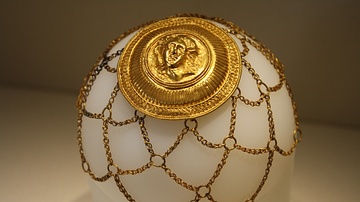
Image
Gold Hair Ornament
Gold hair ornament from Agrigento, Sicily, 3rd century BCE. The central medallion depicts Medusa.
Archaeological Museum of Agrigento.
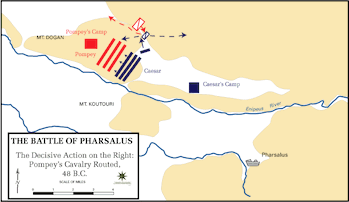
Image
Battle of Pharsalus
The initial troop positions of the battle of Pharsalus in 48 BCE between Julius Caesar and Pompey the Great. In red are the 11 legions of Pompey with cavalry on the left flank against Caesar's 9 legions in blue.

Image
Egyptian Beadnet Dress (Detail)
Egyptian beadnet dress from the reign of Khufu, 4th Dynasty, Old Kingdom of Egypt, 2551-2528 BCE. This beadnet dress is the earliest surviving example of a garment with the lozenge pattern. This pattern is frequently used when depicting...
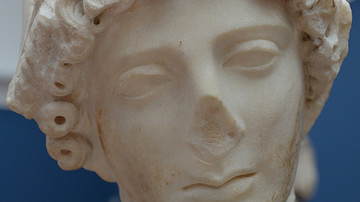
Image
Head of Penelope
Head of Penelope (the faithful wife of Odysseus), from Rome, now on display in the Ny Carlsberg Glyptotek, Copenhagen. Hadrianic copy of a Greek original from the 5th century BCE.
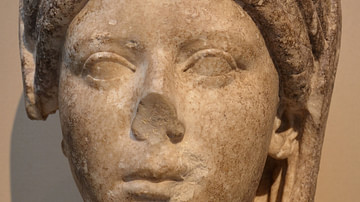
Image
Vestal Virgin, British Museum
Marble head from a portrait statue of a veiled priestess of the goddess Vesta. The headdress identifies the subject as a Vestal Virgin. Above her hair are six folds of the infula, a long woolen band wrapped around the head to hang in two...
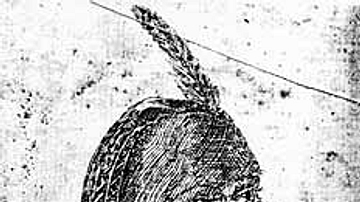
Image
Chickasaw Head
A sketch of a Chickasaw, found in Southeastern Indians: Life Portraits (1775).
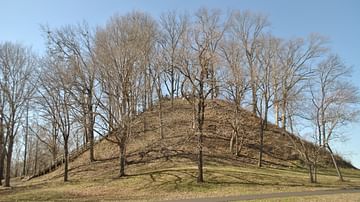
Image
Sauls Mound
Sauls Mound is arranged so that its corners are arranged in the four cardinal directions. It is believed to have some ceremonial function, and likely has a central role in the Woodland People's religious cosmology. Pinson Mounds State Archeological...
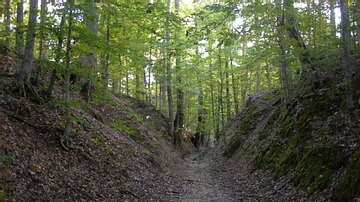
Image
Sunken Natchez Trace
Photo of the Sunken Trace. Mile marker 41.5 on the Natchez Trace Parkway.
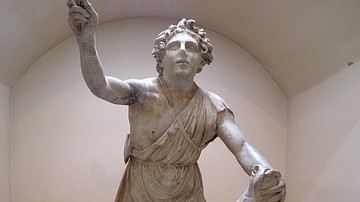
Image
Statue of tauroctony (Mithras slaying the bull)
Statue of tauroctony depicting Mithras about to kill the bull, found in situ resting on a masonry base in the Mithraneum of the Baths of Mithras, 1st century CE, Ostia Antica (Italy).
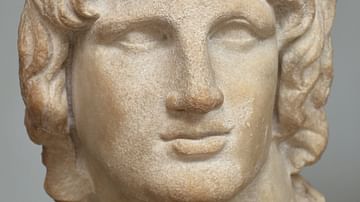
Image
Alexander the Great, Marble Head
Marble portrait of Alexander the Great, 2nd-1st century BCE, said to be from Alexandria, Egypt. (British Museum, London)